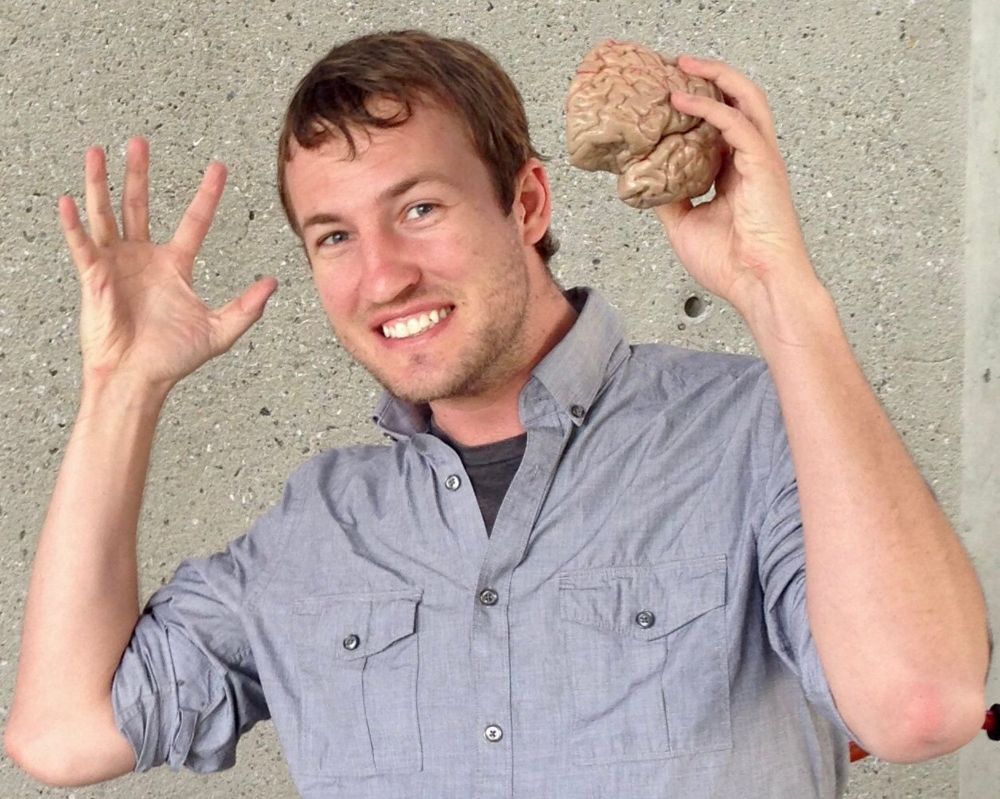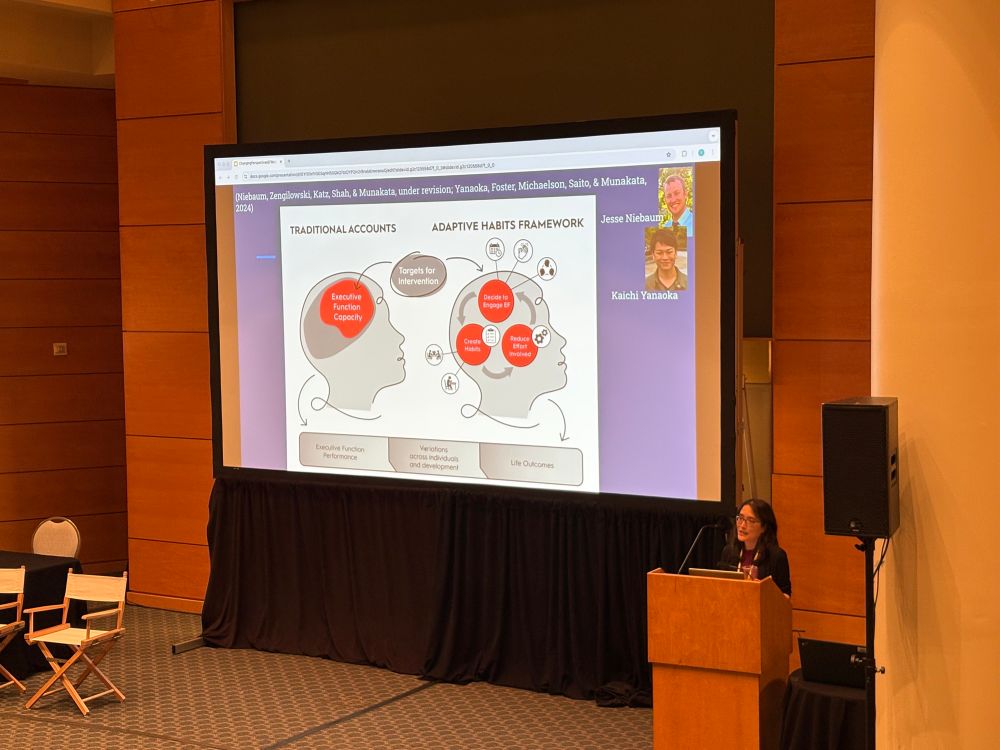Yuko Munakata
@yukomunakata.bsky.social
2K followers
780 following
40 posts
Prof @UCDavis. Cognitive control - influences, consequences, mechanisms, variations, developments. Mom, boarder, pursuer of Quadrant 2.
Posts
Media
Videos
Starter Packs
Pinned
Yuko Munakata
@yukomunakata.bsky.social
· Oct 11
Reposted by Yuko Munakata
Reposted by Yuko Munakata
Reposted by Yuko Munakata
Akira Miyake
@amiyake.bsky.social
· Jun 7
Reposted by Yuko Munakata
Reposted by Yuko Munakata
Reposted by Yuko Munakata
Reposted by Yuko Munakata
Jesse Niebaum
@niebaumjc.bsky.social
· Mar 15

Making the case for science - The Morning Sun
I am a research scientist at the Center for Mind and Brain at the University of California, Davis. Before that, I was a student in Pittsburg Community Schools: I started kindergarten at Lakeside and g...
morningsun.net
Reposted by Yuko Munakata
Akira Miyake
@amiyake.bsky.social
· Dec 17

Two Ways to Avoid the Procrastination Loop and Get Started on Anything
New research in psychology describes some of the factors that contribute to procrastination in both children and adults. Learn some tips on how we can build the motivation to get started on that last-...
lettersandsciencemag.ucdavis.edu
Reposted by Yuko Munakata
Dan Quintana
@dsquintana.bsky.social
· Dec 12
Yuko Munakata
@yukomunakata.bsky.social
· Dec 17
Yuko Munakata
@yukomunakata.bsky.social
· Oct 20
Reposted by Yuko Munakata
Dr. Cat Hicks
@grimalkina.bsky.social
· Oct 12
Yuko Munakata
@yukomunakata.bsky.social
· Oct 11
Reposted by Yuko Munakata
Thomas J. Tobin
@thomasjtobin.bsky.social
· Oct 12
Yuko Munakata
@yukomunakata.bsky.social
· Oct 11
Reposted by Yuko Munakata
Yuko Munakata
@yukomunakata.bsky.social
· Oct 11
Yuko Munakata
@yukomunakata.bsky.social
· Oct 11
Yuko Munakata
@yukomunakata.bsky.social
· Oct 11






